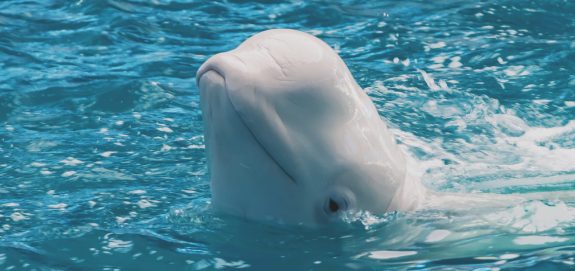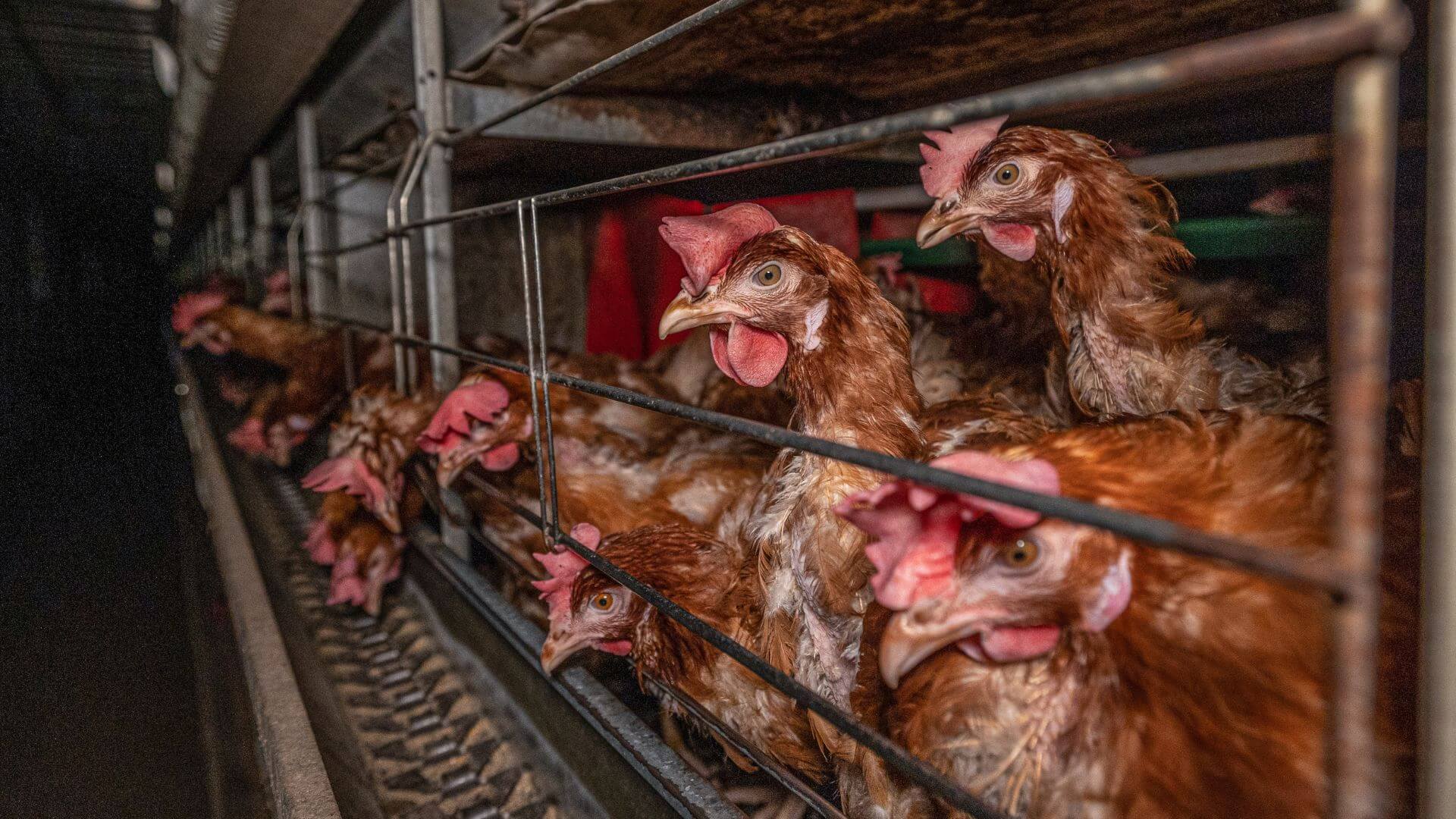Last year, Canada passed a groundbreaking ban on whale and dolphin captivity, recognizing that keeping these majestic animals in concrete tanks is inherently cruel. Canadians overwhelmingly supported the new legislation.
Canada’s new law will prevent future generations of these intelligent, social mammals from a lifetime of suffering in captivity. But important questions remain about the fate of the more than 60 whales and dolphins already in captivity, all but one kept at Ontario’s notorious Marineland. Will it be legal to export these animals to aquariums outside of Canada? Under what circumstances will the Minister of Fisheries and Oceans allow injured whales and dolphins to be captured and kept in captivity? How will the Minister determine what is in the best interests of these whales and dolphins?
Until November 18, 2020, Canadians can have their say on these important questions. Fisheries and Oceans Canada is consulting the public on draft policies meant to guide decision-making about the fate of whales and dolphins in Canada.
We applaud the government for its ongoing commitment to making sure aquariums can’t breed whales and dolphins in captivity. But the draft policies still need some work. For instance, they don’t currently allow for public consultation. That means decisions about importing or exporting cetaceans would be made behind closed doors, with no opportunity for Canadians, animal protection groups, and scientific experts to share their views. Last year, officials refused to confirm any details regarding a permit to export two belugas from Marineland to Spain until well after the decision was made. Now, officials are refusing to say whether or not Marineland has applied to export five belugas to Mystic Aquarium in the United States. The National Oceanic and Atmospheric Administration (NOAA) recently granted import permits for the whales in August following an extensive public consultation process in which Animal Justice and a range of other interested groups participated.
This secrecy is unacceptable. Decisions about importing and exporting whales and dolphins have lifelong consequences for the animals involved. These are matters that Canadians care deeply about, and the public deserves a say.
We’re also calling on the government to improve its draft captive cetacean policies by:
- Providing a clear, science-based definition of “best interests” to ensure that any international movement of whales and dolphins actually improves the lives of the animals involved.
- Ensuring that when an import or export permit is granted for scientific research, the government rigorously evaluates the need for the proposed studies and their benefits for wild populations, while also making sure that the transfer does not pose risks for the welfare of the animals involved.
- Ensuring that foreign aquariums cannot use whales and dolphins from Canada in performances for human entertainment.
- Establishing that wild whales and dolphins can only be taken into captivity when doing so could significantly benefit the animal’s welfare, such as when an animal is severely injured and cannot be released back into the wild.
Strong policies are needed to ensure decisions about the fate of Canada’s captive whales and dolphins are made based on independent scientific advice and the animals’ best interests. Unfortunately, despite exciting progress in the creation of seaside whale and dolphin sanctuaries in Canada and around the world, there are not enough sanctuaries to take all of the 60+ whales and dolphins currently in captivity in Canada. The majority of these animals will tragically live out the remainder of their lives in tanks that do not meet their physical, psychological, or social needs.
Canada’s whale and dolphin captivity ban was a momentous achievement for animals, but the true impact of the new law on the lives of these animals remains to be seen, and our work on behalf of these animals is far from done. We owe it to Canada’s captive whales and dolphins to ensure our new laws are implemented in a scientific and compassionate manner. That’s why it’s important for YOU to take action and let the government know that decisions about captive whales and dolphins should be transparent and promote the best interests of the animals involved. TAKE ACTION FOR CAPTIVE WHALES & DOLPHINS Join the Animal Justice mailing list




